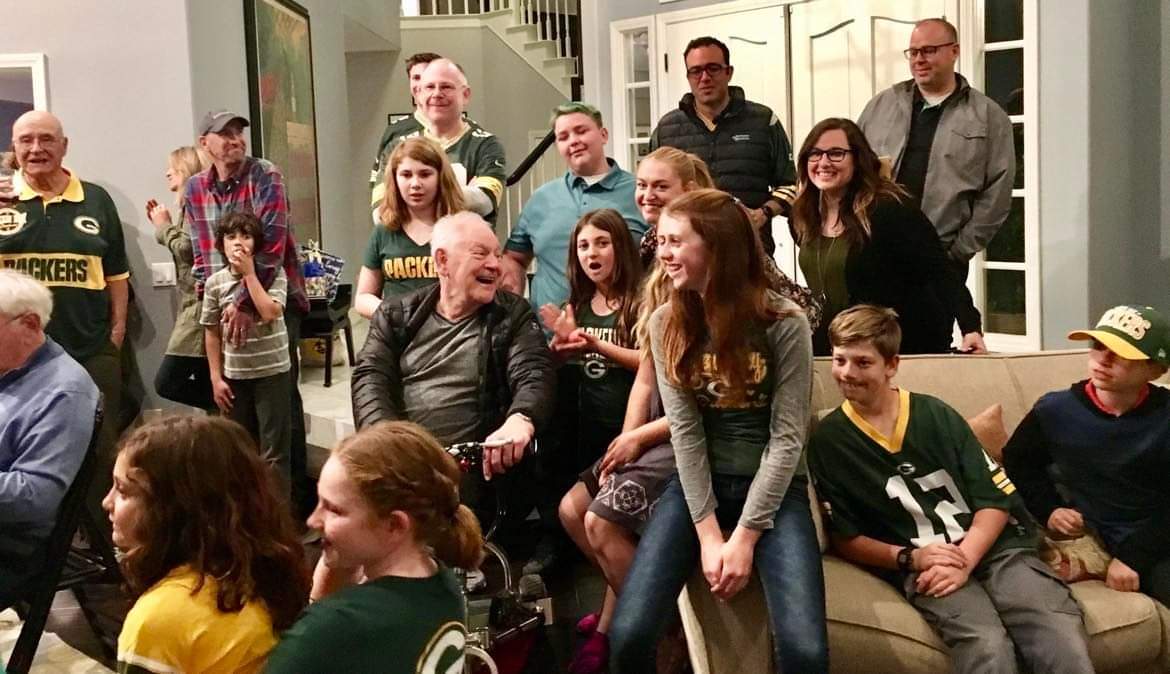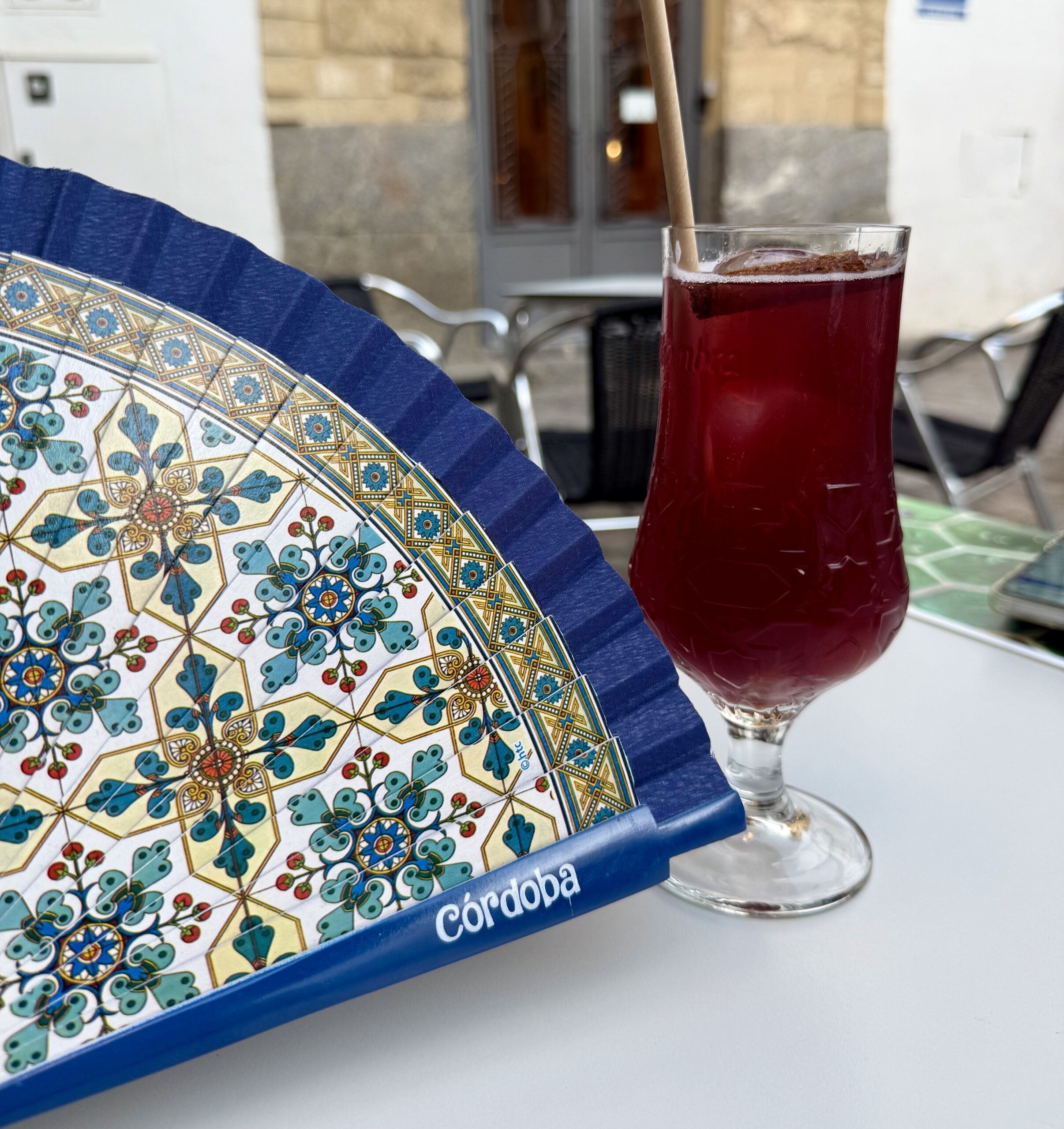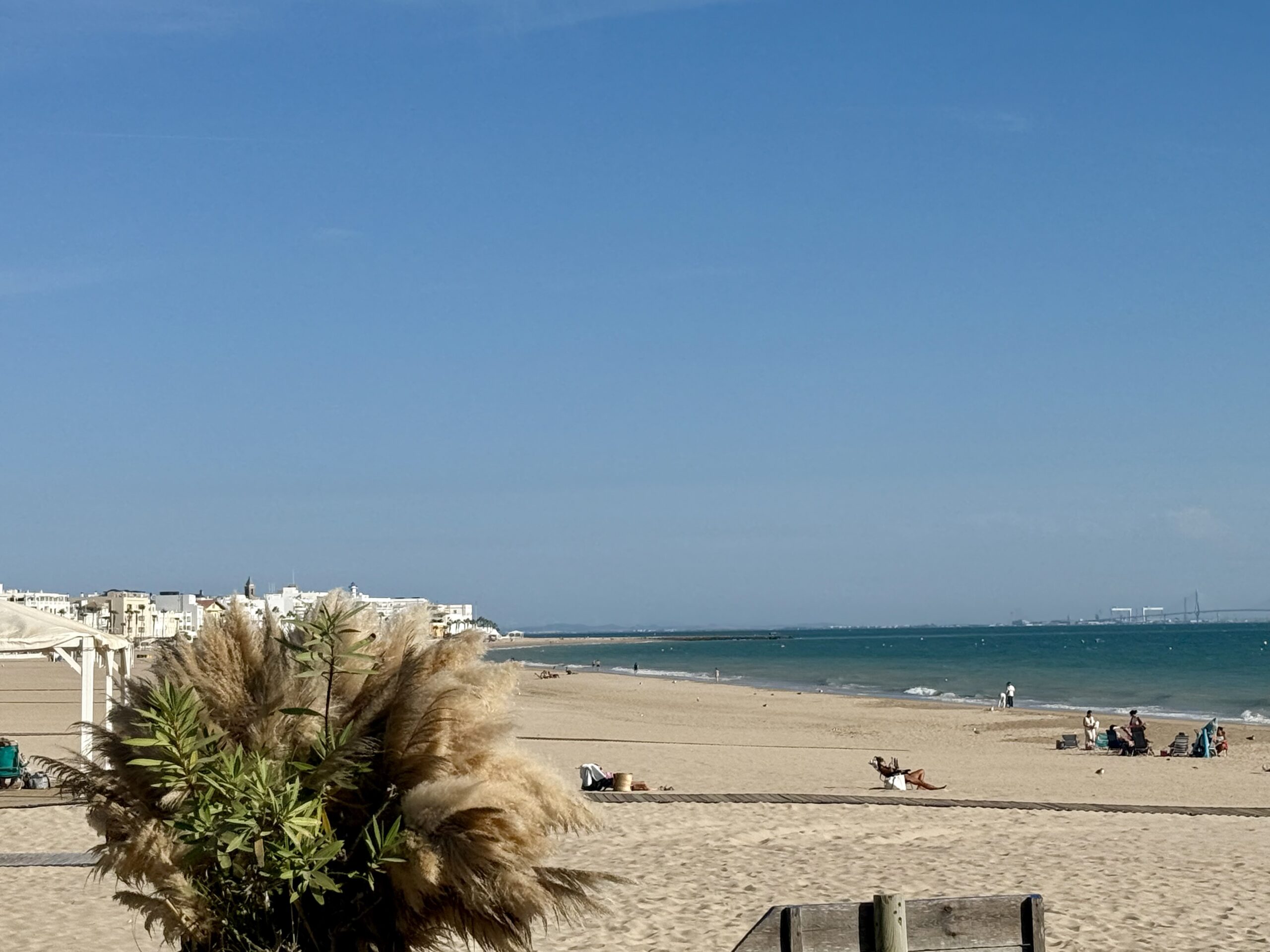
Tradition
December 23, 2022
Hanukkah celebrates a miracle. When the Maccabees defeated their Syrian overlords and reclaimed the Temple in Jerusalem 200 years before the birth of Christ, the victors lit a lamp they thought had only enough oil to light for a day. Well, it burned for eight and both a miracle and tradition were born. Figure the Packers making the playoffs this year, and you have some idea of the magnitude of that Maccabean victory and miracle. (Just bear with me, Packer-wise for an additional moment.)
You see, I attended my first Jewish memorial service, which happened on the second night of Hanukkah. It was for a man, raised in northern Wisconsin, and who would still have wanted to know the score of the Rams/ Packers game as it was unfolding on the same Monday night of his memorial service.
There were updates provided by Roger Katz’s surviving brothers throughout the service. (The Packers won, though divine intervention had neither been expected nor, shall I even suggest it, foretold?)
At the service, family members spoke in his memory. I was struck by the erudition, the intellect, the insight and the pure human sensitivity of all who spoke on Roger’s behalf, from the Cantor, to his sister, his sons and even a granddaughter.
And yet there exist those in this country who would judge them hatefully as inferior by mere virtue of their birth and religion.
Roger was a remarkable man, a husband, father, grandfather and eminent physician, as we learned from the several eulogies delivered. While in medical school, he diagnosed himself with MS. Studying at the time to be a surgeon, he realized his hands could no longer be trusted with such a disease, and he switched specialty to allergy and respiratory medicine. He adapted well and went on to become a leader in his field.
And yet there exist those in this country who would judge him hatefully as inferior by mere virtue of his birth and religion.
At the service, family members spoke in his memory. I was struck by the erudition, the intellect, the insight and the pure human sensitivity of all who spoke on Roger’s behalf, from the Cantor, to his sister, his sons and even a granddaughter.
And yet there exist those in this country who would judge them hatefully as inferior by mere virtue of their birth and religion.
The entire ceremony was one of dignity and humility, a celebration, not of Roger’s achievements, but of his life as a mensch, both to his family and everyone he’d met throughout his 84 years of life. Personally, I never really knew him, but I did experience a somewhat antic interaction with him.
Four years earlier, at my first family gathering with Carol, and where I’d first met Roger, he found himself sitting across from me. Not realizing he’d suddenly engaged the least conversational person at the gathering, he eventually said, “Well, I’ve never met you before.” I answered, “That’s okay. Four months ago, neither had Carol.”
That, unfortunately, would mark the only exchange we would share for the rest of his life. Judging by the eulogies this evening, I was the lesser for it. His kindness, generosity and positive outlook on life would have added something to my own that I could use more of.
I’m Caucasian, whatever the hell that means. But it does mean I’ve never had to experience prejudice or resentment based on my faith as Roger no doubt had to at times throughout his life. My Catholic church is not generally attacked or shot at, with members of its congregation killed for no reason other than for how they worshiped their God. But I do know how I would react if it had. And I can tell you it’s not like any of the people that I saw at that memorial that night would probably have reacted.
I’m ashamed I’m part of a “race” that can’t see the basic humanity of what I saw and heard that night in a synagogue in a suburb of Los Angeles. Thank you, Roger, for reaching out to me that day years ago. As slight an encounter as it was, I’m still the better for it.



Be the first to comment